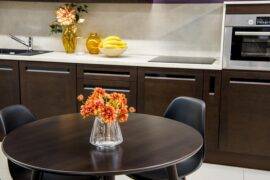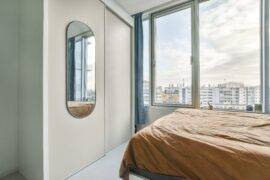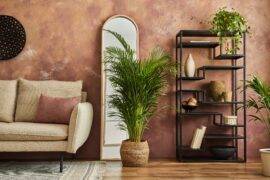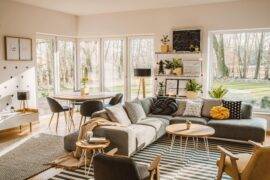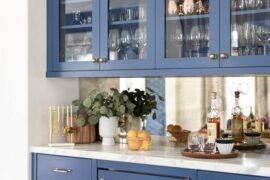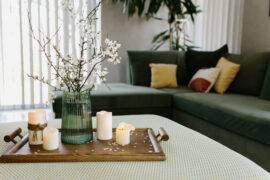Furniture styles have evolved significantly over time, with each era bringing its own unique design and aesthetic. From the ornate details of Baroque to the sleek simplicity of Modernism, furniture has played a crucial role in defining the look and feel of our homes. As the world changes, so do our tastes in furniture.
Today, several exciting furniture styles are gaining popularity and are a must-know for anyone interested in interior design. We’ll explore some of the most popular furniture styles right now, including Mid-Century Modern, Scandinavian, Industrial, and Rustic.
Whether you’re a design enthusiast or simply looking to update your home decor, this article will provide you with all the inspiration you need to create a stylish and comfortable living space that reflects your personal style. So, let’s dive in and discover the must-know furniture styles of the moment!
Currently Trending Today
One of the most popular styles is mid-century modern. This style was popularized in the mid-20th century and is characterized by clean lines, minimal ornamentation, and a focus on functionality. Mid-century modern pieces often feature organic shapes and materials like wood, leather, and metal. Another popular style is Scandinavian design, which emphasizes simplicity, functionality, and a connection to nature. Scandinavian furniture is known for its light colors, natural materials, and clean lines.
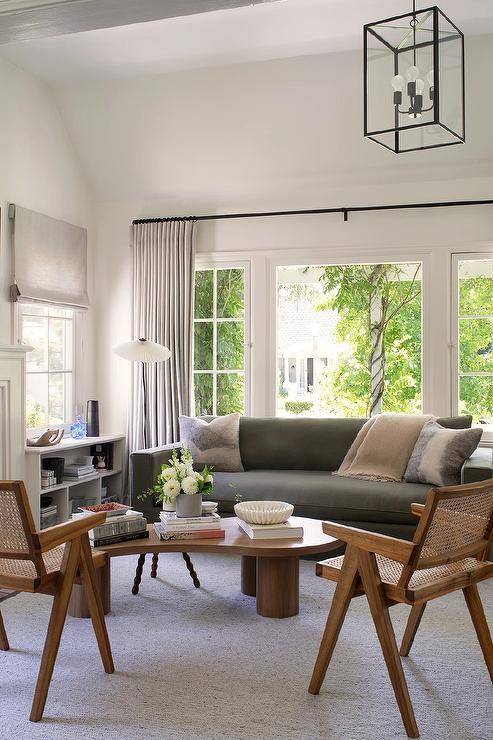
In recent years, industrial furniture has become more and more popular. The raw, unfinished look of industrial spaces like factories and warehouses inspires this style. Industrial furniture often features materials like metal, wood, and concrete and often has a distressed or unfinished look. Rustic furniture is another popular style, which emphasizes natural materials like wood and stone. Rustic pieces often have a handmade look and feel, and may feature distressed finishes or other signs of wear.
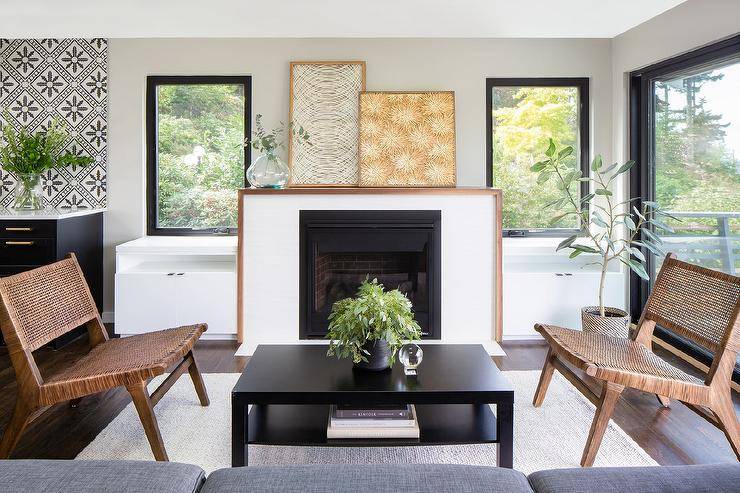
In addition to these popular styles, there are a few emerging trends in furniture design. One of these is the use of sustainable materials and eco-friendly production methods. Many furniture designers are now using materials like bamboo, recycled plastic, and reclaimed wood. Another emerging trend is the use of technology in furniture design. This includes things like adjustable height desks, smart furniture that can be controlled with an app, and furniture that incorporates charging ports and other tech features.
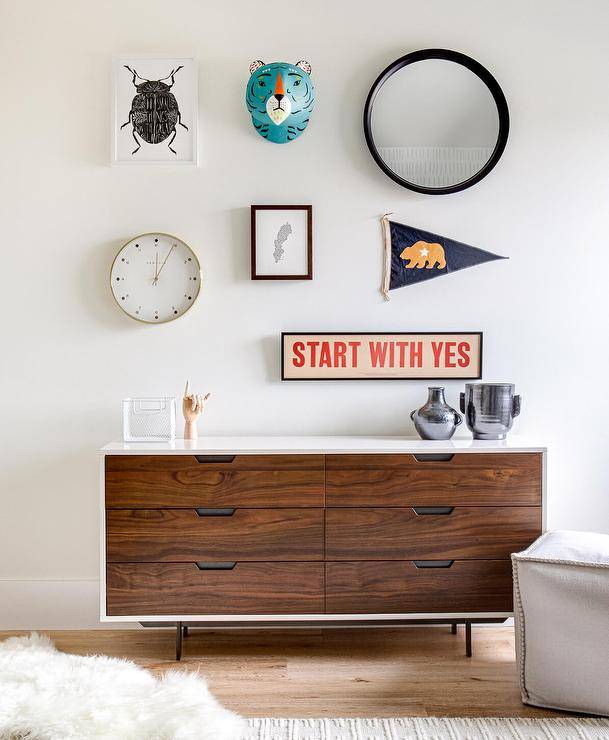
Essentially, the most popular furniture styles of the moment are mid-century modern, Scandinavian, industrial, and rustic. These styles all emphasize simplicity, functionality, and a connection to nature and are characterized by clean lines, natural materials, and a focus on quality craftsmanship. As we move forward, we can expect to see more designers experimenting with sustainable materials and incorporating technology into their designs.
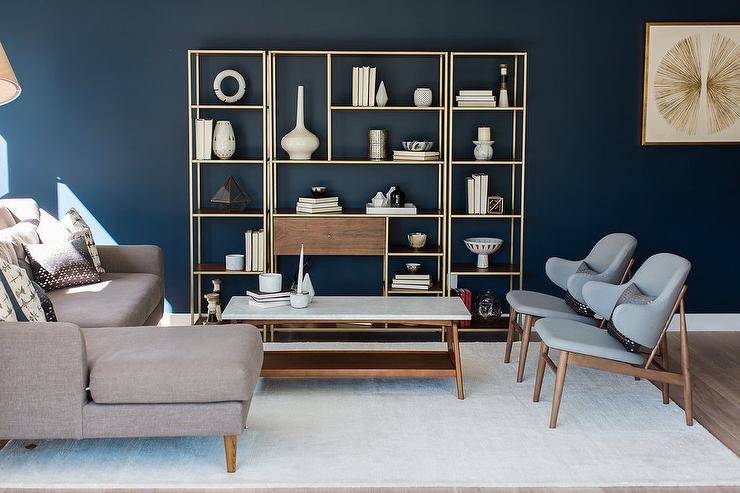
Mid Century Style
Mid-century modern furniture refers to the design aesthetic that was popularized in the mid-20th century. Clean lines, organic shapes, and minimal ornamentation characterize this style. To achieve the mid-century modern look, it is important to focus on the key design elements.
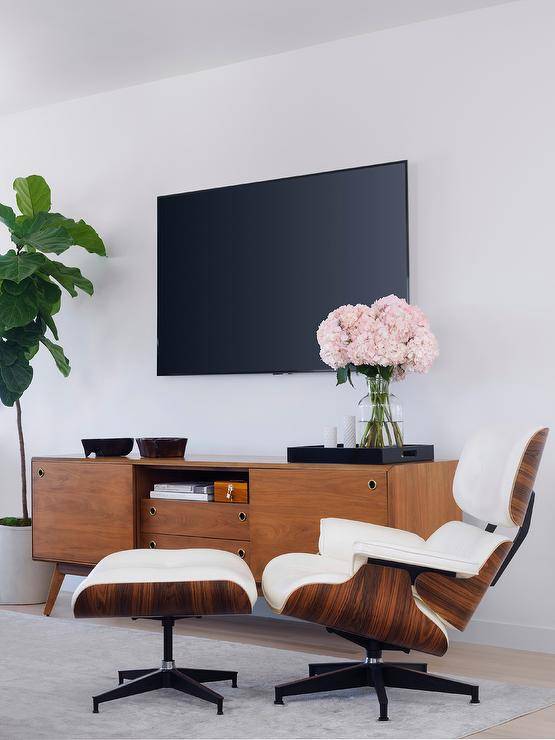
Firstly, choose furniture pieces that have clean lines and simple shapes. A sofa, armchair, or coffee table with tapered legs and a sleek profile will help to establish the mid-century modern style. Look for pieces that are made from natural materials, such as wood or leather, to add warmth and texture to the space.
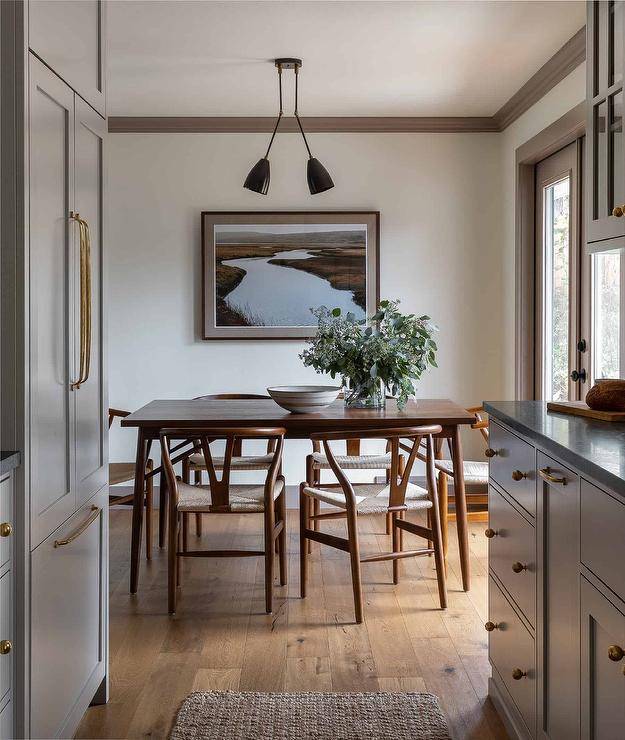
Secondly, color plays a significant role in mid-century modern design. The color palette typically includes warm, earthy tones, such as olive green, mustard yellow, and burnt orange. These colors can be used on walls, textiles, and accessories to create a cohesive look.
Thirdly, incorporate geometric patterns into the design. Mid-century modern patterns often feature clean lines and abstract shapes, such as triangles and circles. These patterns can be used on textiles, such as throw pillows or rugs, to add visual interest to the space.
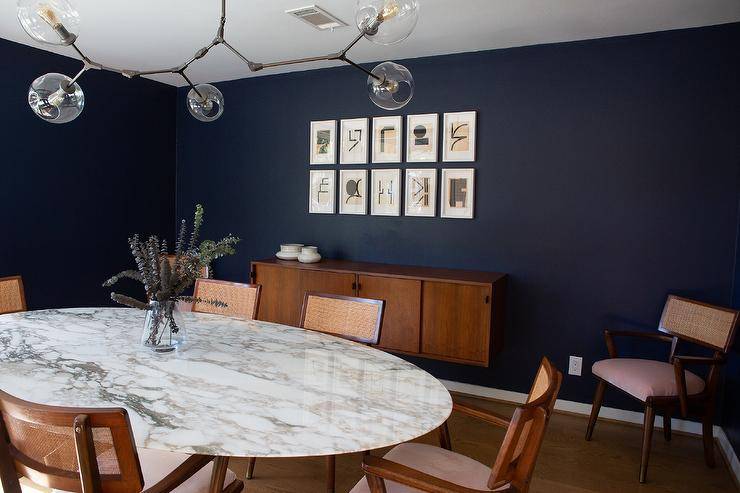
Finally, accessorize with vintage or retro pieces. Mid-century modern design is often associated with the post-war era, so incorporating vintage items from this time period can help to reinforce the style. Look for vintage lamps, clocks, or artwork to add a touch of nostalgia to the space.
Overall, achieving the mid-century modern style requires a focus on simplicity, functionality, and a respect for natural materials. By incorporating these key design elements, it is possible to create a timeless and stylish space that celebrates the mid-century modern aesthetic.
Scandinavian Style
Scandinavian furniture is known for its simplicity, functionality, and minimalist design. To achieve this style, it’s important to focus on clean lines and neutral colors, as well as incorporating natural materials such as wood and leather.
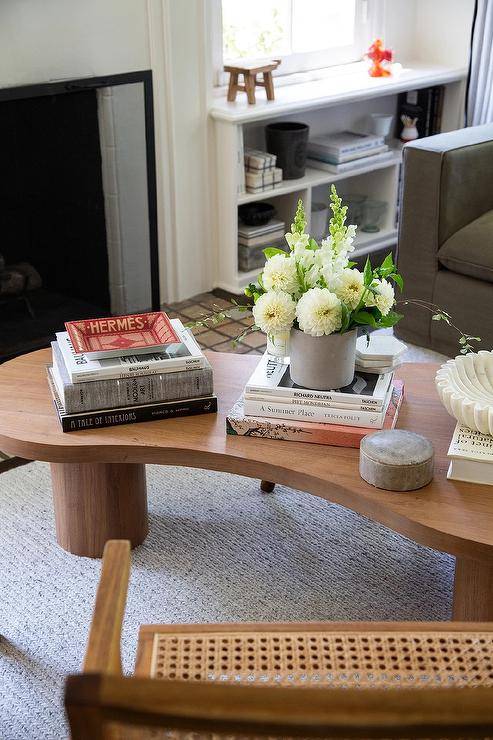
One key aspect of Scandinavian furniture is the use of light-colored woods such as birch and pine. These woods are often left untreated or finished with a light stain to maintain their natural look. Another popular material is leather, which adds warmth and texture to the space.
In terms of design, Scandinavian furniture typically features clean lines and simple shapes. This is achieved through the use of geometric forms and minimal ornamentation. Functionality is also a key consideration, with furniture often serving multiple purposes. For example, a coffee table may also have storage space underneath.
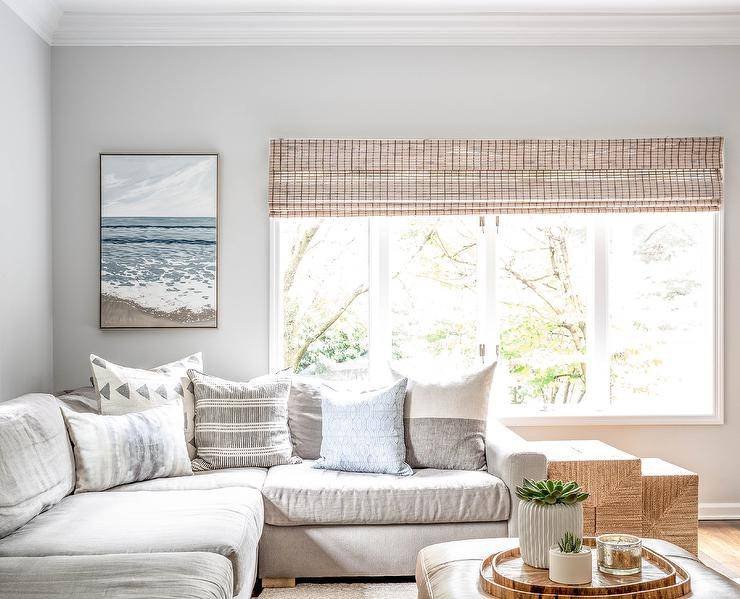
When it comes to color, the Scandinavian style is known for its use of neutrals such as white, black, and gray. These colors create a clean and calming aesthetic that is perfect for modern interiors. However, pops of color can also be incorporated through accessories such as pillows or artwork.
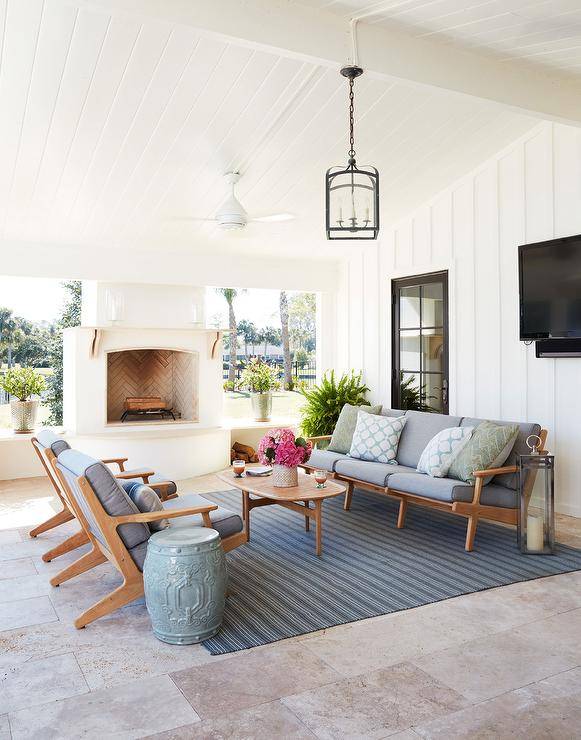
To complete the Scandinavian look, it’s important to consider the overall ambiance of the space. Soft lighting and natural materials such as wool or linen can help create a cozy and inviting atmosphere. Plants are also commonly used to add a touch of greenery and freshness to the space.
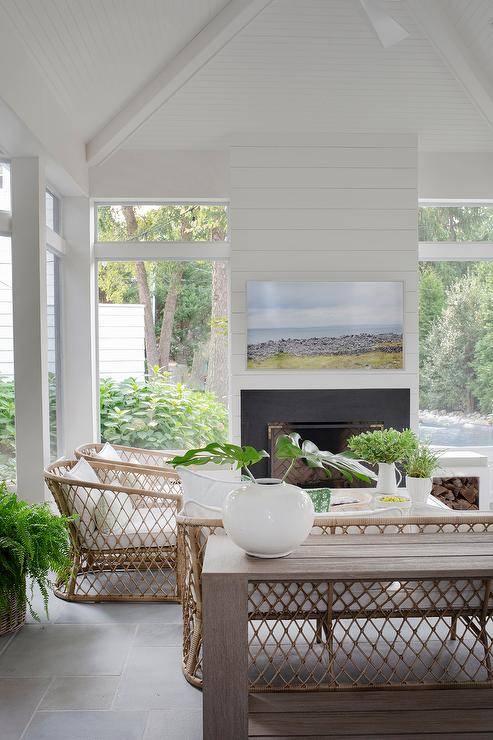
Achieving the Scandinavian furniture style is all about simplicity, functionality, and natural materials. By focusing on clean lines, neutral colors, and incorporating wood and leather, you can create a modern and inviting space that is both practical and beautiful.
Industrial Style
Industrial furniture is a popular design trend that has gained popularity in recent years. It is characterized by a raw and unfinished look, often featuring materials such as metal, wood, and concrete. Achieving this style can be done in several ways.
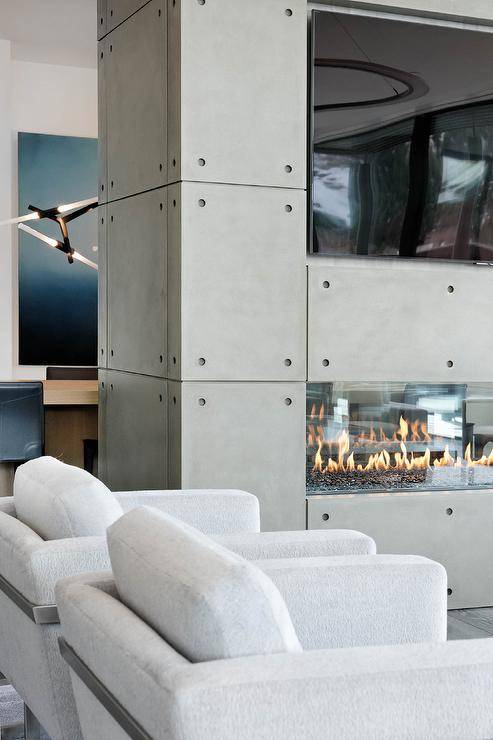
Firstly, consider using materials such as metal, wood, and concrete in your furniture pieces. These materials are often used in industrial furniture to create a raw and unfinished look. Incorporating elements such as exposed pipes, gears, and other industrial elements, can further enhance the industrial feel of your furniture pieces.
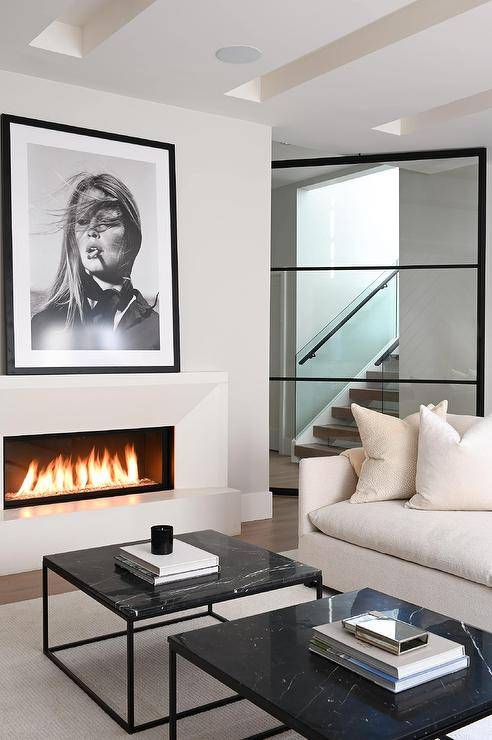
Secondly, choose a color scheme that complements the industrial look. Neutral colors such as gray, black, and brown are often used in industrial design. Consider incorporating pops of color through accessories such as pillows or artwork.
Thirdly, consider the function of the furniture. Industrial furniture is often designed with functionality in mind. Pieces such as storage units, coffee tables with wheels, and adjustable stools are all common in industrial design.
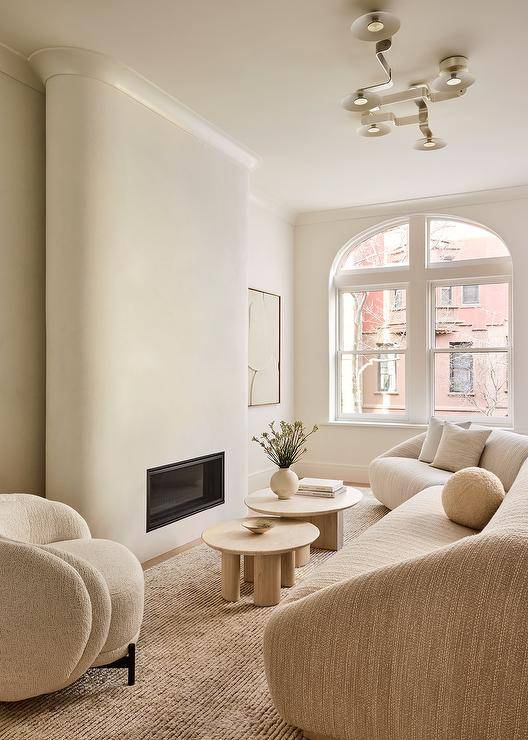
Finally, pay attention to the details. Industrial furniture often features unique details such as distressed finishes, exposed hardware, and visible welds. These details add to the overall industrial feel of the furniture piece.
Achieving the industrial furniture style involves incorporating raw and unfinished materials such as metal, wood, and concrete, choosing a complementary color scheme, considering functionality, and paying attention to unique details. By following these guidelines, you can create beautiful and functional industrial furniture pieces that are sure to catch the eye of anyone who enters your space.
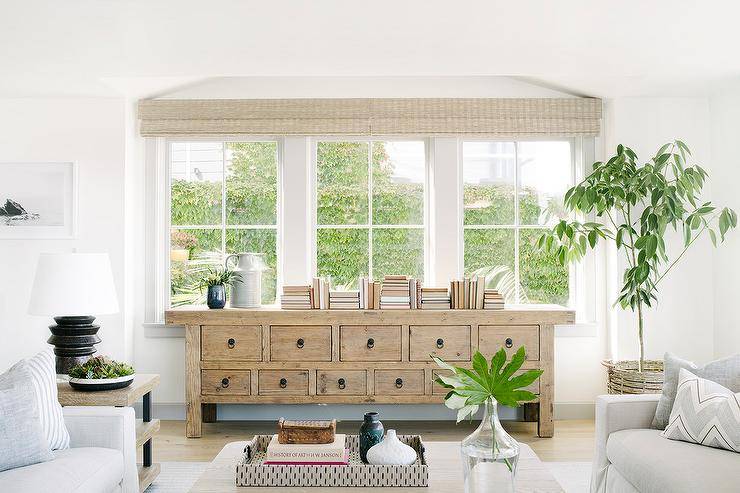
How to Mix Furniture Styles
Mixing furniture styles is a great way to add character and personality to any space. However, it can be a challenge to achieve a cohesive look without the room feeling cluttered or overwhelming. Here are some tips to help you mix furniture styles successfully:
- Choose a color scheme: Start by selecting a color scheme that will tie all your furniture pieces together. It’s essential to choose a color scheme that complements the room’s existing decor. If you’re unsure, stick to neutral tones such as white, beige, or gray.
- Choose a dominant style: Choose one dominant furniture style to serve as the foundation for your room. This style will set the overall tone for the space, and all other furniture pieces should complement it.
- Mix up the scale: Mixing furniture styles of different scales can add visual interest to a room. For example, pairing a large leather sofa with a small, delicate side table can create a dynamic focal point.
- Experiment with textures: Mix up textures to create a layered look that adds depth and interest to the space. Pair a plush velvet sofa with a sleek metal coffee table or a shaggy rug with a smooth leather armchair.
- Don’t be afraid to contrast: Contrast is key to creating a balanced mix of furniture styles. Pairing a traditional wood dining table with modern acrylic chairs can create a stunning contrast that adds both character and sophistication.
- Use accessories to tie it all together: Accessories such as pillows, lamps, and artwork can help to bring different furniture styles together. Use accessories to pick up on colors and textures found in your furniture pieces and create a cohesive look.
- Edit, edit, edit: It’s essential to edit your furniture pieces to ensure that the room doesn’t feel cluttered or chaotic. Too many furniture pieces can make a room feel cramped and overwhelming. Be selective and choose only the pieces that will enhance the overall look and feel of the space.
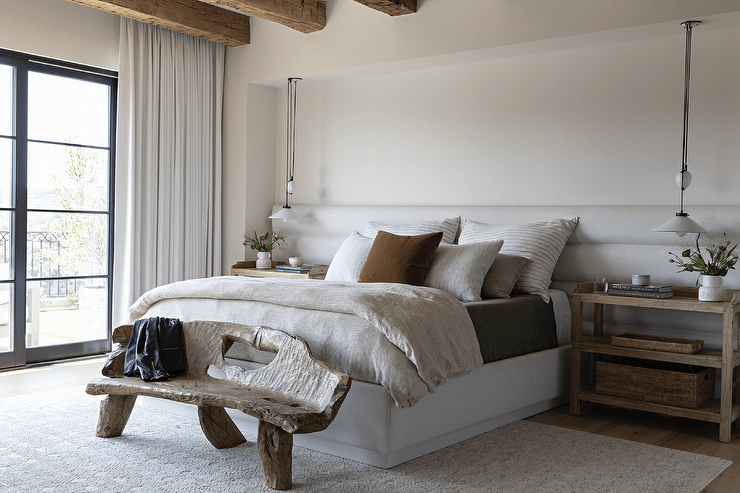
Mixing furniture styles can add character and personality to any space. By choosing a color scheme, a dominant style, mixing up the scale and textures, experimenting with contrast, using accessories to tie it all together, and editing your furniture pieces, you can create a cohesive and visually stunning room that reflects your unique style.
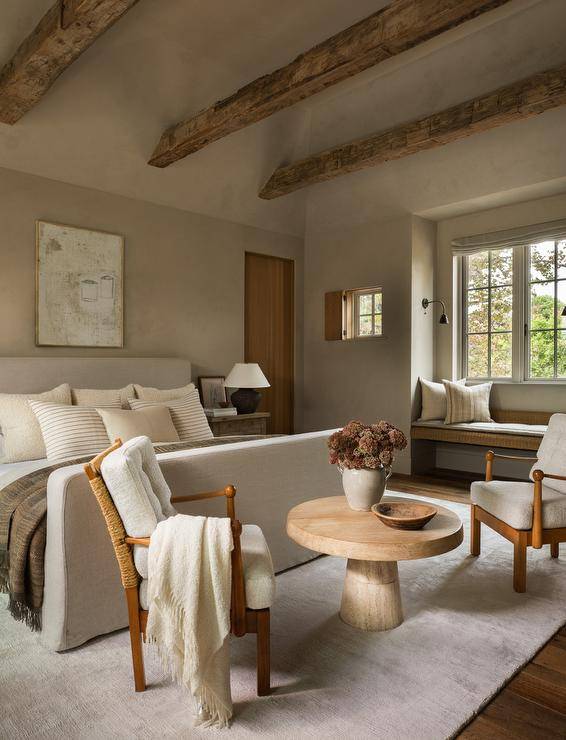
Frequently Asked Questions (FAQs)
What is the difference between traditional and modern furniture styles?
Traditional furniture styles are characterized by ornate details, curved lines, and rich materials such as wood, velvet, and leather. Modern furniture styles, on the other hand, feature clean lines, simplicity, and often use materials like metal, glass, and plastic.
What is the most popular furniture style?
Currently, mid-century modern furniture is experiencing a resurgence in popularity. This style features clean lines, bold colors, and a focus on functionality.
What is the difference between contemporary and modern furniture?
Contemporary furniture refers to furniture that is currently being produced and reflects current design trends. Modern furniture refers to furniture that was produced during the mid-20th century and reflects the design aesthetic of that time.
What is the difference between Shabby Chic and Rustic furniture?
Shabby Chic furniture is characterized by distressed finishes, pastel colors, and vintage-inspired details. Rustic furniture, on the other hand, features natural materials like wood and stone, and often has a more rugged, unfinished look.
What is the difference between Scandinavian and Industrial furniture?
Scandinavian furniture is characterized by clean lines, minimalism, and a focus on functionality. Industrial furniture features raw materials like metal and unfinished wood, and often has a more rugged, utilitarian look.
